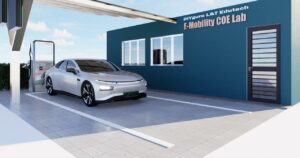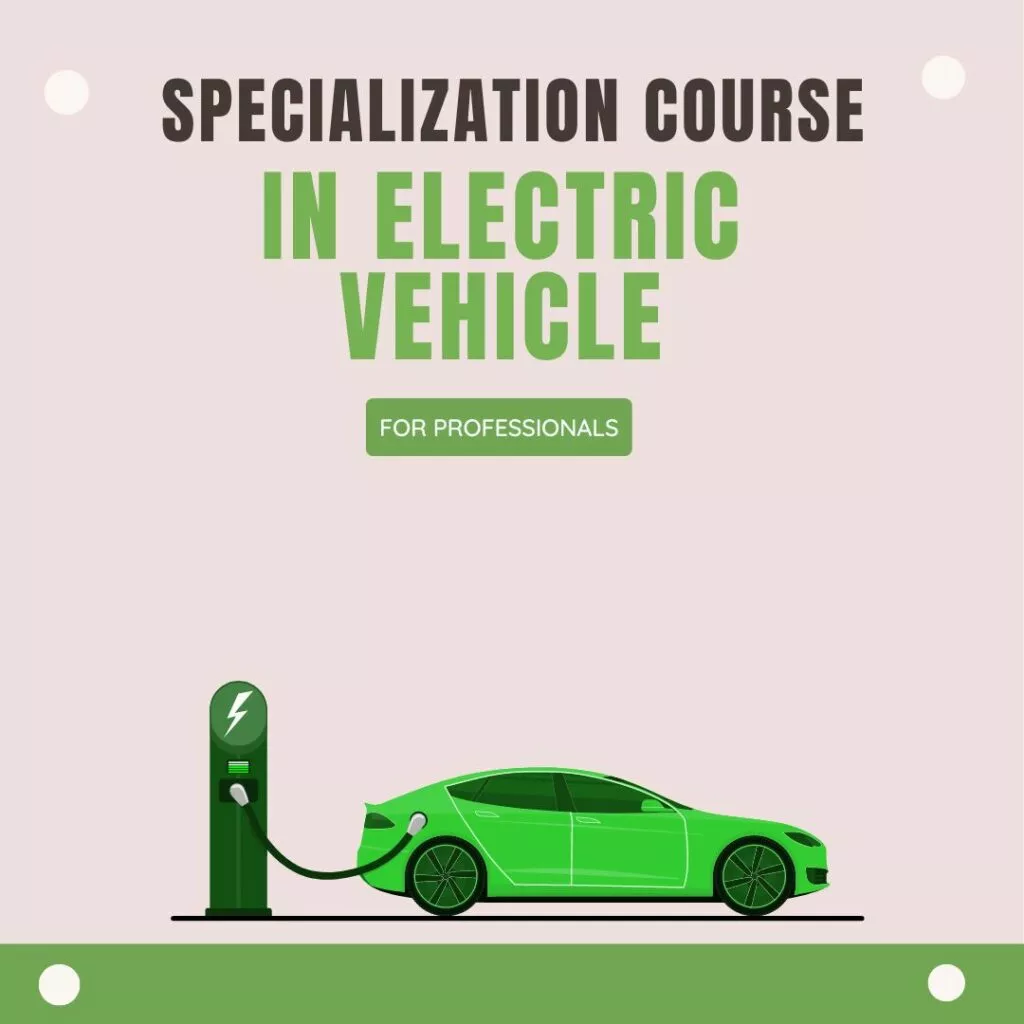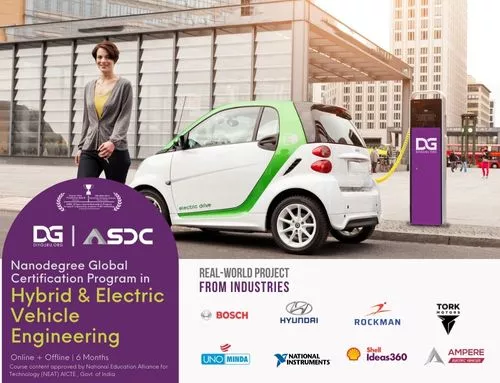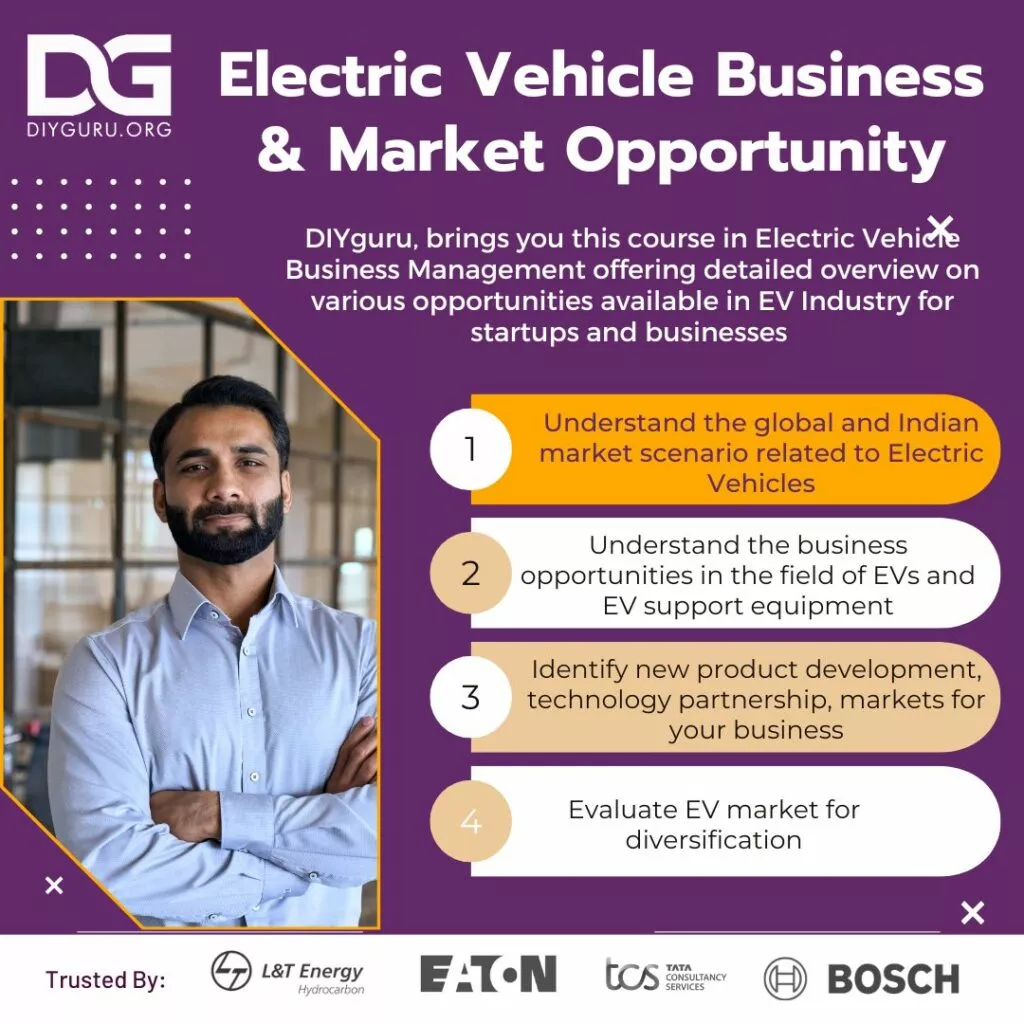Roadmap for Greener India ‘Panchamrit’
- Reach non-fossil energy capacity of 500GW by 2030
- Fulfil 50% energy requirements via Renewable Energy by 2030
- Reduce 1 billion carbon emissions by 2030
- Reduce carbon intensity below 45% by 2030
- India will achieve the target of Net-Zero by 2070
According to PM Modi, numerous incentives are being offered to purchasers of electric vehicles as part of the government’s efforts to strengthen the EV ecosystem. The government has taken many actions, including simplifying the loan application procedure and offering income tax rebates.
“To boost the supply, work is also being carried out at a fast pace to introduce PLI schemes in automobile and automobile components manufacturing,” he said. A lot of policy decisions have also been taken to prepare a robust electric vehicle charging infrastructure.
“A battery swapping policy has also been introduced in the 2022 Financial Budget,” the prime minister said.
According to M. Modi, India stated at COP-26 that it will obtain 50 PC of its installed electricity capacity from non-fossil sources by 2030. “We have set a ‘Net Zero’ target for 2070,” the prime minister said.
Through all the highs and lows of the year gone by, one undeniable fact that has shone through is that electric mobility has taken on a commanding presence in our day-to-day lives. The revolution, in the larger scheme of things, is only in its infancy. However, India’s electrification journey has not just truly begun, but is here to stay.
Even just a casual look at the numbers will reinstate the fact that electric vehicle adoption, be it four-, three-, two-wheelers, or buses, has seen a massive uptick over the past year or so. As an example, Hero Electric, India’s pioneering electric two-wheeler manufacturer, clocked its highest ever calendar year volumes in 2022, with more than 1,00,000 units finding new homes across the year. This bodes well for our eventual target of being a net-zero carbon emissions economy in the not-so-distant future, not to mention the fact that it will fortify our standing in the years to come as a force to be reckoned with when it comes to the future of mobility.
Given all this, India finds itself in a very intriguing position in 2023. All signs point toward it being another landmark year in terms of electric vehicle adoption, and this will need another mighty push from a host of peripheral sectors.
With more electric vehicles on the road, our dependence on oil imports will begin to dwindle. This is significant given that we have incurred massive expenses to fuel our country up until now, and a bigger push toward electric mobility will see a welcome relief in that regard. This would substantially free up our foreign exchange reserves with the reduction of outflows for importing oil and other fuels.
With the way things are, the defining sector that will help carry this momentum is last-mile mobility, something that we at Hero Electric have been relentlessly chipping away at for a decade and a half! Thanks to our numerous partnerships with companies like Spoctech Green Ventures, where we will deploy a fleet of over 5,000 vehicles over the next two years that will enable a cleaner last-mile delivery solution in Chennai. This is just one of the handful of such partnerships that is a clear step towards advancing our vision of achieving net-zero emissions, not to mention the fact that it will generate employment opportunities in the overall EV sector and enhance engineering skill sets in our country.
Even in terms of private vehicles, the year 2023 will see decisive growth in the mass-market category, as compared to premium electric vehicles (broadly following the trend of the conventional 2-W industry). Tier II and Tier III cities, more than big urban centers, are on track to see a significant rise in the adoption of electric two-wheelers. This can be put down to various factors such as a rise in understanding the benefits of running and operating an electric vehicle, fluctuating fuel prices, the undeniable cost benefit across the ownership term, and at the end of it all, doing our bit for the environment!
Perhaps the biggest factor to look out for is the Faster Adoption and Manufacturing of Hybrid and Electric vehicles (FAME) scheme, now in its second phase, which was set to run until March 31, 2022. But the government has taken a call to further extend the FAME India scheme phase till March 31, 2024. What this extension brings about is very valuable in terms of subsidies being offered to the customer to aid electric vehicle adoption. This is an important step because while the entry point for an electric vehicle is still on the higher side as compared to its ICE equivalents, as mentioned earlier, volumes, mass adoption, and large-scale component manufacturing will drive prices down, and subsidy plans like the FAME and PLI (Production Linked Incentive) schemes will only help in this regard.
As with any ambitious roadmap, there are a few key factors to focus on before reaching the end goal. For a start, electric vehicles might be on the rise, but this needs to correspond with a similar uptick in charging infrastructure and overall ecosystem for electric mobility. Consumers and fleets considering all-electric vehicles need access to charging stations aside from home chargers. Range anxiety is still a very valid concern prevalent throughout EV ownership. While we at Hero Electric have made our batteries portable to provide maximum convenience for our customers in terms of charging, etc., customers, especially fleet and B2B customers, feel the need for a more robust charging infrastructure that would certainly aid the adoption of EVs.
This dense charging infrastructure would instill a lot of confidence in customers to begin the switch towards electric mobility in a much larger way. This will need to be a collaborative effort among the OEMs, third parties, infrastructure providers, utility companies, and the government.
Another aspect to tackle will be the time taken to charge electric vehicles. Current charging technologies are still in the early stages of technological advancements, which means that there is tremendous scope and opportunity for innovations to drastically bring charge times down.
There is also the task of bringing skilled professionals into the workforce that are knowledgeable about the benefits and advantages associated with electric vehicles.
Lastly, if we are to truly take a step forward, India needs to leap into EV battery manufacturing. We are still largely dependent on lithium battery imports since these batteries are currently not manufactured in India due to a lack of viability owing to the small size of the market earlier. This poses somewhat of a hurdle for companies willing to invest in the country’s EV industry as we currently have to rely on imports of cells for our battery packs. This can be overcome if we begin the process of battery manufacturing within the country.
The simple fact is that India is well on its way to being a leading light in the electric mobility sector. The foundation is strong and we seem to be breaking away from the ‘chicken and egg’ situation where the ecosystem has begun to fall into place (at least for the 2-W and 3-W electric vehicles).
What it needs now is a long-term, concerted, unidirectional effort to ensure this sector flourishes. What is not in doubt is that 2023 will see India make a big step toward being self-reliant and a bit closer to the eventuality of being a net-zero emissions economy.
As we continue our push towards zero-tailpipe emission vehicles, I have no doubt we’ll leave the world a better place for our children and generations ahead.
The future, I believe, is Electric, Bright, and Green!
Naveen Munjal
Managing Director of Hero Electric Vehicle Pvt Ltd.






















